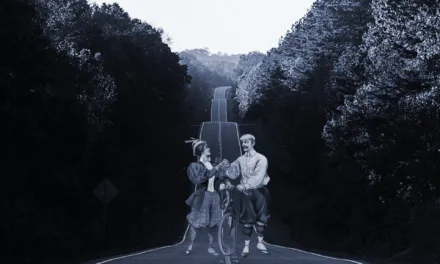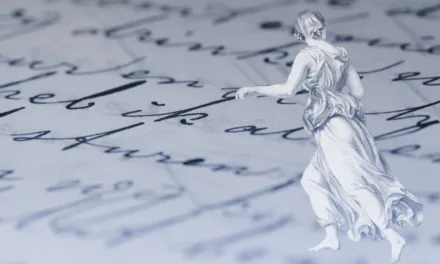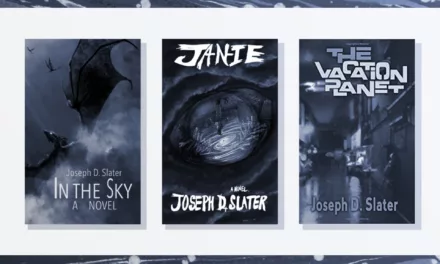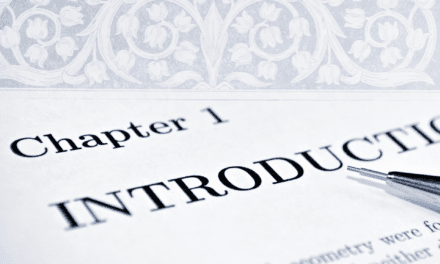
How do you come up with good character names?

“I’ve been struggling with naming my characters for weeks now. I keep second-guessing every name I choose, worried it’s not meaningful or unique enough. How do you come up with good character names? And how do you know when you’ve found the right one?”
I feel this dilemma so deeply. Naming characters (and settings, and other worldbuilding elements) is the bit I struggle with the most. I’ll name something and immediately second-guess myself. I hate it so much that my manuscript first drafts often don’t contain any names at all, just placeholders.
It’s natural to want character names to be perfect, meaningful, and memorable. But like many aspects of writing, pursuing perfection can become a roadblock and stop you from making progress. So let’s look at some techniques that might help you find inspiration, or at least get out of the mindset of perfectionism that may stop you from writing in the first place.
Don’t let naming stop your writing
Letting a name kill your writing buzz is the biggest danger when it comes to naming characters. Trying to come up with the perfect name for something or someone can be incredibly time-consuming and is one of the biggest reasons you might not get any writing done.
Over time, it easily becomes a procrastination technique, or even a demotivator. You can spend hours on names to put off doing the actual legwork of writing. And if you struggle to come up with names, it’s easy to let intrusive thoughts convince you that if you can’t do this one task, how will you be able to do the rest of it?
You must force yourself through that point. Set yourself a time limit for how long you’ll spend on a name. After that, use a placeholder and get to writing. You’ll have a much easier writing experience if you force yourself to get out of your own head and start putting words on the page.
Don’t be afraid of placeholders
You don’t need to have the perfect name to start writing. Placeholders are a valid way to write and wait until inspiration strikes. I do it all the time. My drafts are littered with [MC] (main character) and [LI] (love interest) tags because I haven’t come up with anything I like yet.
You can also use actual names as placeholders, and you might even find that the longer you sit with them, the more you’ll grow to like them. It’s a common truism that placeholders often end up being the names that stick.
Learn when names matter
Not all names need to be perfectly thought out. Protagonists and villains carry a lot of weight in your story, so you might give a bit more thought to them. But not every character needs the same attention to detail.
Background characters or minor supporting roles can have simpler names, and in fact, common names can actually help ground your story and make it feel more authentic. They all need to be appropriate for your worldbuilding, but not every name needs to carry meaning or narrative significance.
Practical strategies for naming characters
If you’re really stuck in naming characters, this is a list of ways I’ve found inspiration. This works for characters, settings, and other worldbuilding elements.
- Watch the end credits of films and TV shows. There are so many wonderful names included there that it’s easy to find one that sparks your imagination.
- Browse cemetery headstones. This can give you a fantastic snapshot of the names common and popular through different periods of history.
- Use baby-naming websites or name generators. I know it’s not always popular advice, but if you’re really stuck, it’s still better than not doing any writing.
- Read nonfiction books from relevant historical periods or cultures. You’ll get inspiration from real names surrounding meaningful events that you can draw from.
- Research symbolism. If your work is thematically heavy, then using a symbolic name can be a good way to feed into that. Flower imagery is very popular, as is naming a character after someone from history who shared traits or similar life events with your character.
- Create a character sheet. You might find inspiration in your character’s traits or interests that can spark ideas. The better you know your character, the more their name might become clear.
- Just pick a name you like. It’s totally fine not to overthink your character’s name at all. Got a favourite name? Use that. Someone you admire from history? Ready-made name!
Common pitfalls to avoid
- Don’t overdo it. Not every character needs a deeply symbolic name.
- Be careful with similar-sounding names. It can be difficult to follow if you’re asking your readers to remember that Lisa Cohen and Liza Cowen are two different people.
- Research cultural naming conventions if you’re using names from a culture that isn’t your own. You want to make sure you’re being respectful.
- Watch out for accidental associations with famous people or characters that might be distracting or carry a meaning you didn’t intend.
- Make sure a name sounds as good as it looks written. Sometimes a name can look good on the page but sound awful when said aloud. An example might be Caoimhe de Riva. It looks good on the page and might be the perfect fit for an Irish character with an immigrant parent. Until you read it out loud.
Remember, while names can add depth to your story if they carry meaning, they shouldn’t become an obstacle to writing. Choose names that serve your story and characters, but don’t let the search for the perfect name stop you from writing entirely. Don’t spend weeks agonising over options. Trust your instincts, do your research when needed, and just keep writing. The right name will often reveal itself as you get to know your character better.




























